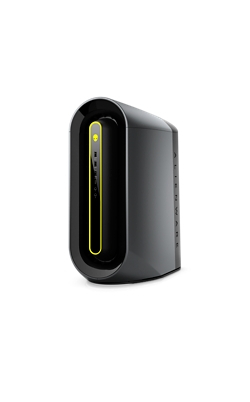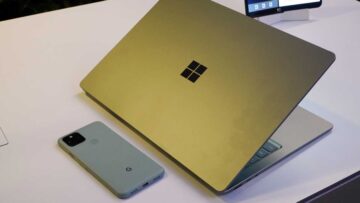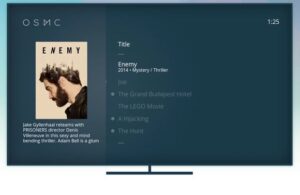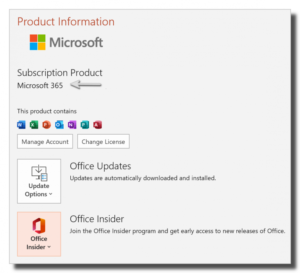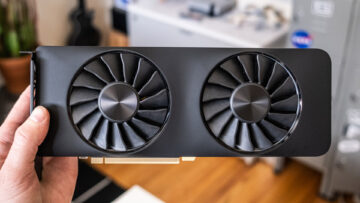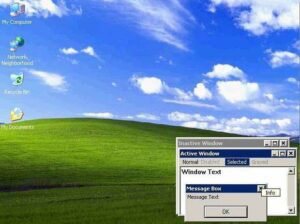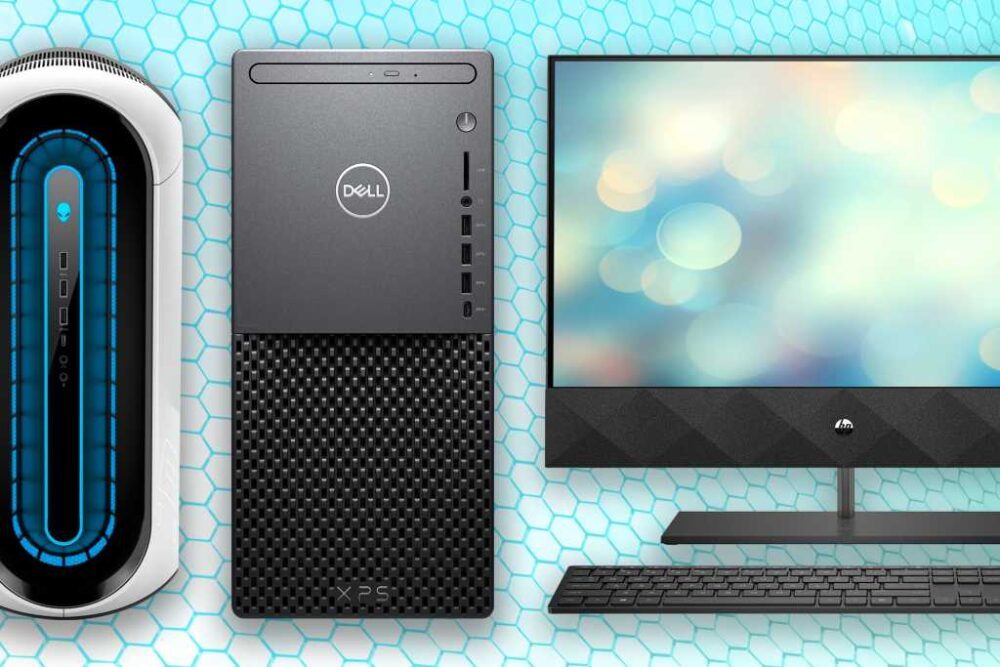
3.
What specs should I look for in a good gaming computer?
Since desktop computers don’t have the same restrictions on component size or portability as laptops, the price-to-component ratios are mercifully cheaper than they are in gaming notebooks. This means you can get more gaming bang for your buck in a desktop gaming PC.
When it comes to gaming, the two most important pieces of hardware you’ll want to focus on are the CPU and GPU. Think of the CPU as the heart of your computer, ultimately determining how your system will perform when running software. When looking at a computer’s CPU, you should pay attention to the processor core count which usually ranges from two to 16 cores. At a minimum, you will want four cores, but you might be able to get up to eight cores without stretching your budget too much. For high-end systems, you should be looking at between eight and 16 cores. Although even for high-level gaming, having more than eight cores won’t add much benefit.
A good GPU is essential for gaming and it is going to be the component you will want to splurge on the most. For budget gamers a card that offers affordability and ray tracing is the sweet spot. These include the Nvidia RTX 3060 or AMD RX 6600 or 6600 XT. If you want to game in 4K, it is probably best to go with Nvidia’s RTX 3080 or AMD’s RX 6800 XT.
Beyond the CPU and GPU, the other hardware components are less crucial. As for RAM, you should opt for a minimum of 8GB, but ideally 16GB is better—anything over 16GB is largely unnecessary for gaming purposes. RAM is also relatively inexpensive and easy to upgrade if you need more in the future.
For your hard drive, you will want to have at least one SSD, preferably an M.2 NVMe PCIe SSD if you can afford it. SSDs are faster than their spinning disc predecessors and will boot your games faster and provide improved load times. Storage size is more of a personal preference. You should consider the types of games you will want to play and how many you intend to download. If you plan to store a lot of games on your computer, then you will most likely want a 1TB or larger drive. Note that it’s not uncommon for modern games to have file sizes over 100GB.
